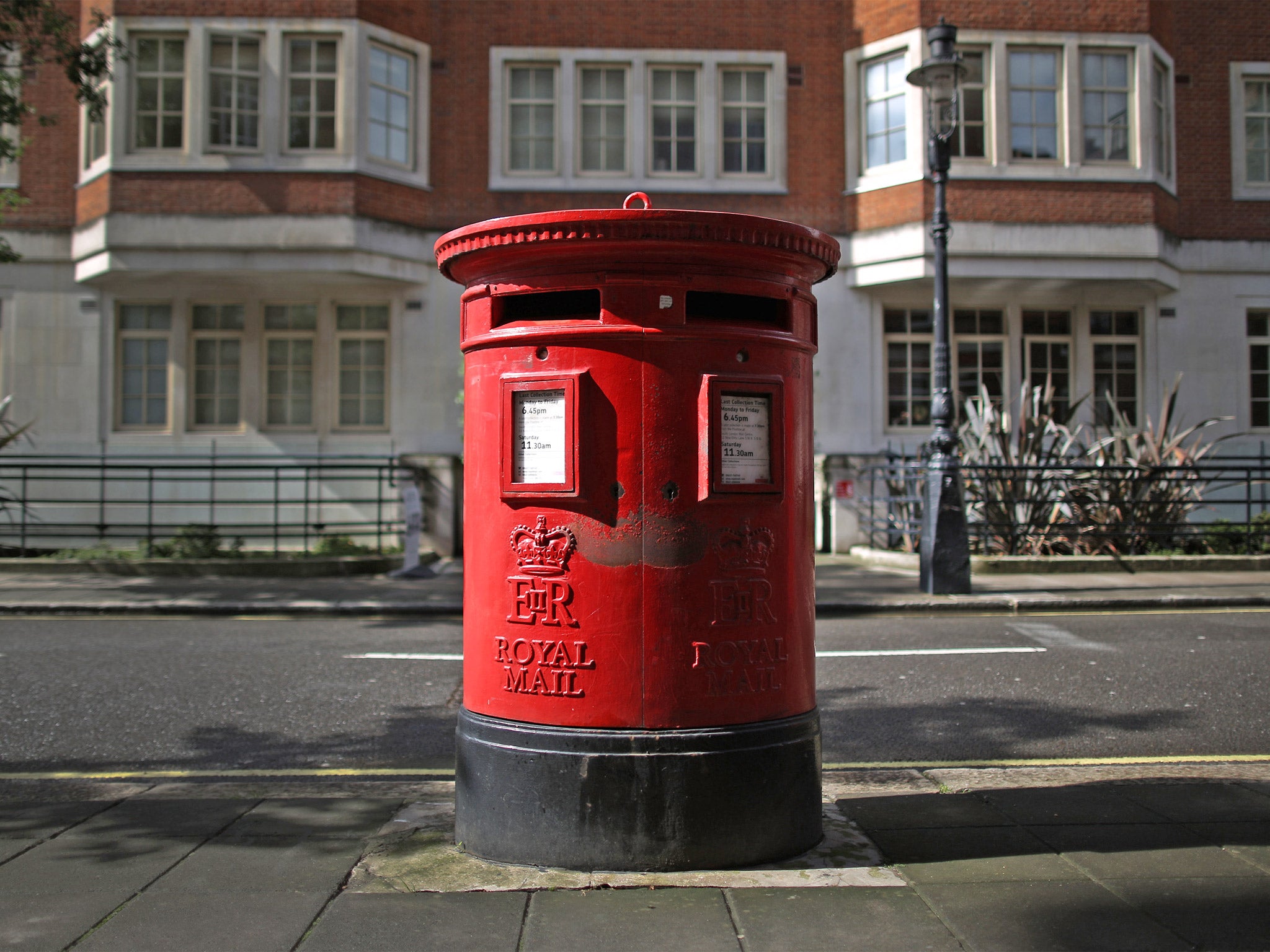Vince Cable: Hindsight shows Royal Mail sale has achieved its objectives
The emphasis throughout has been on ensuring Royal Mail has long-term future, writes Business Secretary Vince Cable

Those who rushed to judgement on the Royal Mail flotation a year ago are having to think again.
It is worth recalling the history. At the time of the sale last October, there was much uncertainty. A major strike was threatened and there was economic turbulence internationally. The sale could easily have flopped. And there was no reason to believe, at the time, that delay would lead to improved conditions.
That was the context in which internal and external advice to government ministers on price was framed. Extensive market testing and a study of dividend yields on a comparable stocks reinforced the convictions among advisers that 330p a share would be good value for money and the best price to aim at for a large flotation; and that a higher price ran the serious risk of a flop on flotation, as occurred with other major IPOs at the time, such as Facebook. This would have been very damaging, with potentially significant costs to the taxpayer had it needed to be rescued by the state.
The main objective of the sale, pursued in vain by successive governments over 30 years, was to render Royal Mail free to develop commercially and meet its legal duty to deliver the Universal Service Obligation, delivering mail everywhere in the UK at a standard stamp price. This included the ability to raise capital in the market. Success here was achieved in July when Royal Mail was able to raise about £400m in the bond markets without this counting against public spending: a constraint which had held Royal Mail back for decades.
Critics have concentrated their fire on the sale price. Once floated, the stock price went to 450p, rising further to 618p in January 2014. The critics argued that this was conclusive proof of “undervaluation” of the stock; that the market verdict was a better judge of the underlying value of the company than the Government and its advisers; and that failure to foresee that had “cost” the taxpayer large sums. Such criticism is, of course, with the wisdom of hindsight – and even hindsight does not offer omniscience. In recent times, Royal Mail shares have traded well below the price of first day trading, hovering around 400p.
At the time of the sale I explained the surge in the share price as speculative “froth” in the market and that a more realistic price would emerge “in three to six months, or perhaps a year”. It has taken a year for much of that froth to subside.
Another group of critics has emerged from the political right, saying that the Government should have sold the remaining 30 per cent of state shares at or near the peak of the market (assuming of course that we could predict the peak of the market). But the essential point is that the Government can add value as a long-term strategic investor. No one reading the Coalition agreement could have seen any promise of a sale beyond what was achieved. Nor would we have ever contemplated reneging on our “lock up” agreement, which prevented a further sale for six months, and threaten the credibility of any future IPOs by the Government. We have achieved our main objective as set out in the Coalition agreement: to see an injection of private capital into Royal Mail, including opportunities for employee ownership.
My own speeches and comments offered no such promise either, given that I have consistently emphasised long-termism and sustainability, whether the subject has been bank lending, industrial strategy, corporate governance or postal services.
Without question, the emphasis throughout has been on ensuring that Royal Mail has a long-term future delivering the Universal Service Obligation. A crucial element in the strategy is a solid base of committed investors, with a mix of investors to ensure there is enough liquidity to allow the trading of shares. We have achieved this over the past 12 months: the Government has retained its 30 per cent stake in the company and the majority of shareholders are long-term investors, including the majority of initial institutional investors. That commitment, for example, has helped secure agreement on a disciplined, long-term approach to executive pay.
This strategic, long-term approach may well require sticking with the company through a difficult period of transformation but we will keep our options open. The core business – letters – is declining because of speedier communications by email and by ongoing competition to deliver the “last mile”. Ofcom’s primary role is to secure the Universal Service Obligation, although it also has a mandate to promote competition. Moreover, Royal Mail is currently working hard to develop alternative markets, as with parcels of goods bought online, but this is a highly competitive market.
But I am optimistic that first-class management, a co-operative work force (incentivised by our worker share ownership scheme and a good industrial settlement), and the freedom for the company to borrow since privatisation, will enable Royal Mail to flourish over the long term, which is good for the British economy.
Vince Cable is the Business Secretary
Subscribe to Independent Premium to bookmark this article
Want to bookmark your favourite articles and stories to read or reference later? Start your Independent Premium subscription today.

Join our commenting forum
Join thought-provoking conversations, follow other Independent readers and see their replies